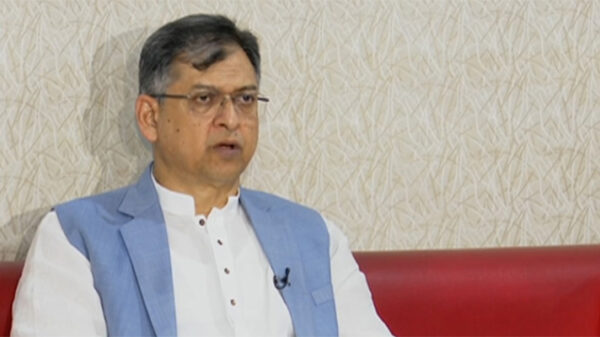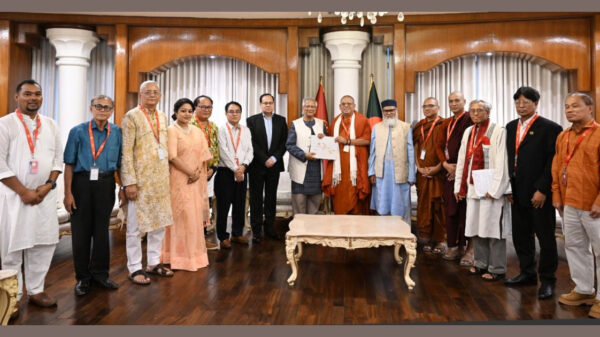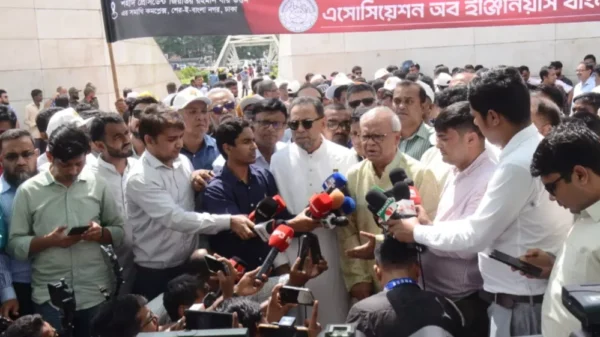Staff Reporter:
Chief Justice Syed Refaat Ahmed has said the judiciary of Bangladesh has taken various perma-nent legal initiatives to protect environment.
Referring to different important judgments from the country’s apex court to ensure environmental quality in the cases of hazardous industries like ship-breaking, the chief justice said Bangladesh’s judiciary has taken the lead in establishing environmental rights as fundamental rights.
Chief Justice Syed Refaat Ahmed said these while addressing a function titled “Climate Justice and the Constitution: Reflection from the Global South” at New York University (NYU) Abu Dhabi on April 28.
Conducted by varsity’s Law Department Professor Pavlos Eleftheriadis, the function was attended by a good number of students, teachers, jurists and other professionals, a Supreme Court press re-lease said here yesterday.
The program analyzes the relationship between constitutions, human rights, and climate change from the perspective of developing countries like Bangladesh, which are vulnerable to environmen-tal risks.
“A review of history shows that although developed countries have played the largest role in car-bon emissions, yesterday it is developing countries, which emit relatively less carbon, that are fac-ing the devastating effects of climate change. So, the climate crisis is not just an environmental emergency, rather, it is also a crisis of justice,” said Chief Justice Syed Refaat Ahmed.
He delivered a powerful message to the future generation of lawyers, and said, “Climate justice is no longer a belated ideal, rather a constitutional commitment.”
The Chief Justice called upon the new generation of lawyers and judges to adopt a specific ap-proach to environmental protection in lawmaking, law enforcement, and the judicial process.










































